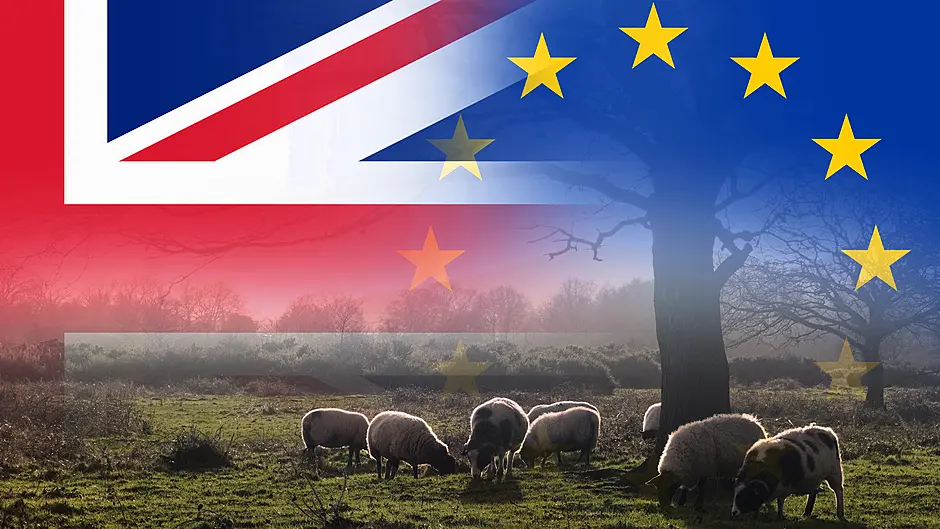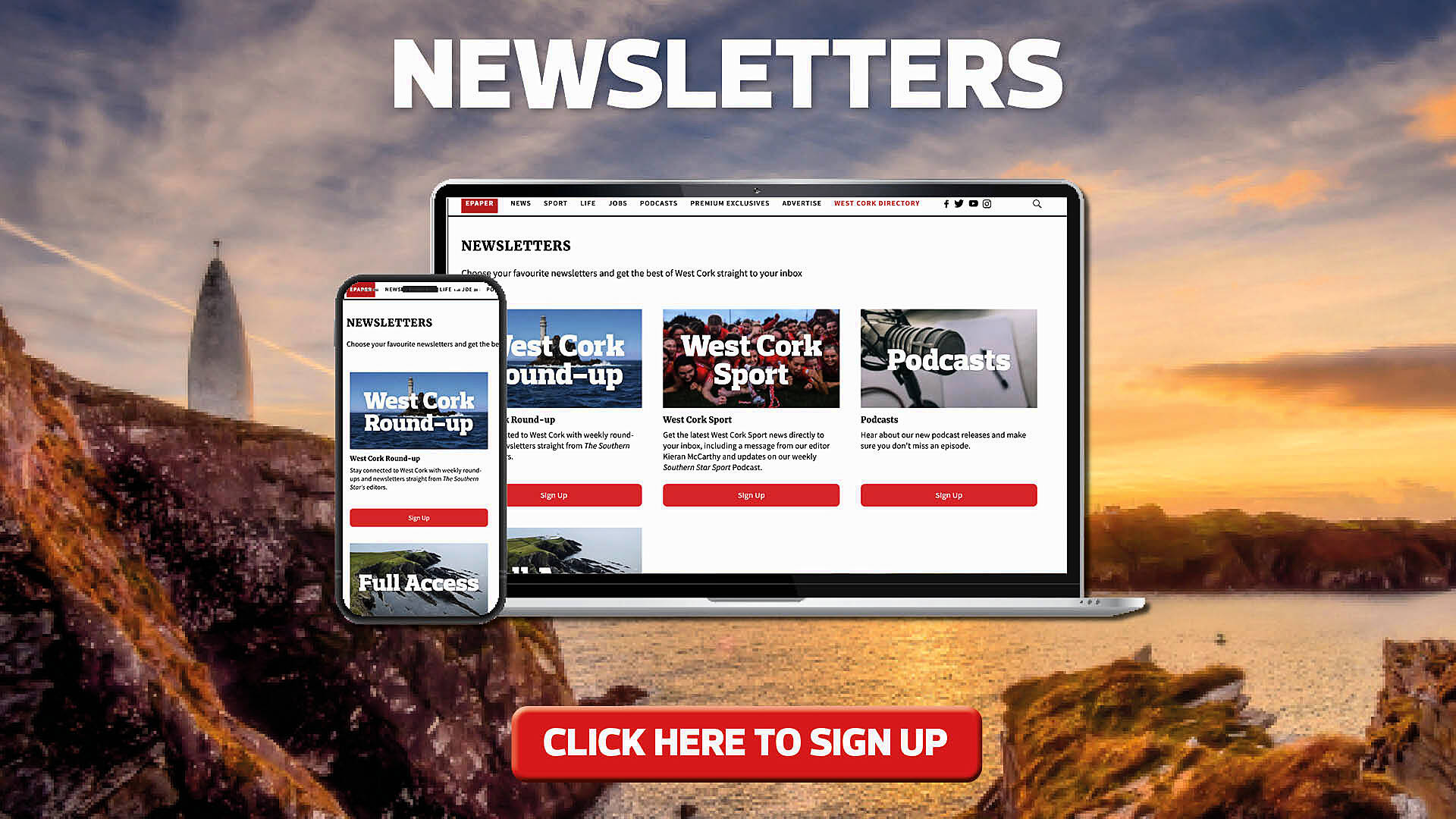While everyone was relieved to see an orderly withdrawal by the UK from the EU last January, it has led to various complications – with the possibility of more to come.
When the UK was a member of the EU, a business in Ireland which was Vat-registered did not have to pay Vat to the UK authorities.
All they had to do was to give the supplier their Vat number and no Vat was paid. In general Vat is payable at the point of importation into Ireland from a non-EU country including the UK.
However, postponed accounting for Vat on imports is now available to all Vat-registered traders. This scheme enables one to account for the import Vat on your Vat return by adding it to the Vat on sales, and it also allows one to reclaim Vat at the same time, by adding it to the Vat on purchases.
The Vat return also contains a new field to capture this information called postponed accounting where one enters the value of goods imported.
Postponed accounting does not apply to goods purchased from Northern Ireland. These purchases are treated as EU intra-community acquisitions at present, ie, as if they were coming from an EU country. However, if you want to import goods from the EU, including Northern Ireland, you need an EORI number.
From January 1st, 2021, if you buy goods from the UK (excluding Northern Ireland) you pay customs duty. However, the value of the goods must be greater than €150. The rate of customs duty that applies depends on the goods being imported and all the rates are available on the TAIRC website.
If goods are imported from outside the EU, a customs declaration form must be completed.
This must be done electronically using Revenue’s new automated import system. To release the goods, the import duty becomes payable. Most importers employ an agent to do this on their behalf.
These new post-Brexit trade restrictions have pushed up the cost of parts and raw materials coming into Ireland. In fact, many raw materials cannot be sourced in the UK, as the UK suppliers have not figured out how to operate without an EU Vat number.
Many merchants are now looking towards Europe to secure raw materials.
One of the biggest challenges facing our economy because of Brexit is the UK’s recent announcement that it will give Australia full access to it agri food market.
The likelihood is more deals may follow.
This could be catastrophic for our beef industry as currently nearly half of all Irish beef goes to the UK. This may not have an immediate impact, as there will be a cap on tariff-free imports from Australia to the UK for 15 years. It behoves all stakeholders in the industry to seek out new markets for our agri food products.
It is estimated that by 2030 two thirds of the world’s middle class will be in Asia and they will want to buy our produce. These markets need to be targeted immediately. Now is no time to be complacent.
Brexit has already presented many challenges and there are more to come. No doubt significant challenges await our governments, businesses, and farming communities.
It is vital to be proactive.
• Micheal Collins is an accountant with FDC Bantry.








